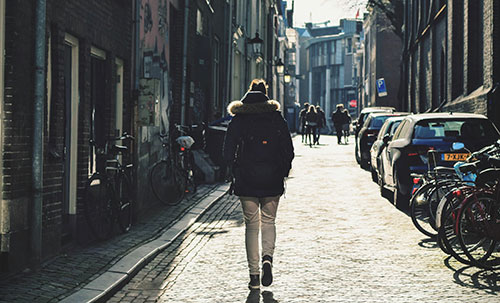Young women living in poverty are five times more likely to self-harm than their better off peers, according to new research, at a time when the Covid-19 crisis is pushing more families into financial hardship.
A study by the National Centre of Social Research (NatCen) and published by charity Agenda showed that one in five women between 16 and 34 with severe money problems has self-harmed in the past year. Those who had utilities disconnected as a result of an inability to pay were three times more likely to have self-harmed than those who hadn’t.
Experts at the women and girls’ charity are warning that the socio-economic effects of the pandemic will drive a deterioration in the mental health of young women unless the government acts on the concerning figures and addresses the inequalities they already face.
They say an understanding of how the public health emergency impacts young women must form a core part of the country’s response to the outbreak, and that the conversation around women’s mental health must extent beyond social media and body image.
Kate*, 29, experiences anxiety, depression and complex PTSD. She said: “I started self-harming when I was about 12. When I was in my teen years, being permanently skint, not having my rent together, led to chronic insecurity and fear.
“I let people I shouldn’t have into my home if they could chip into the rent. This always ended badly and put me in physical danger which only compounded my sense of worthlessness and being a complete failure, not able to pull myself together and function properly, which I’d take out on myself through self-harm.









